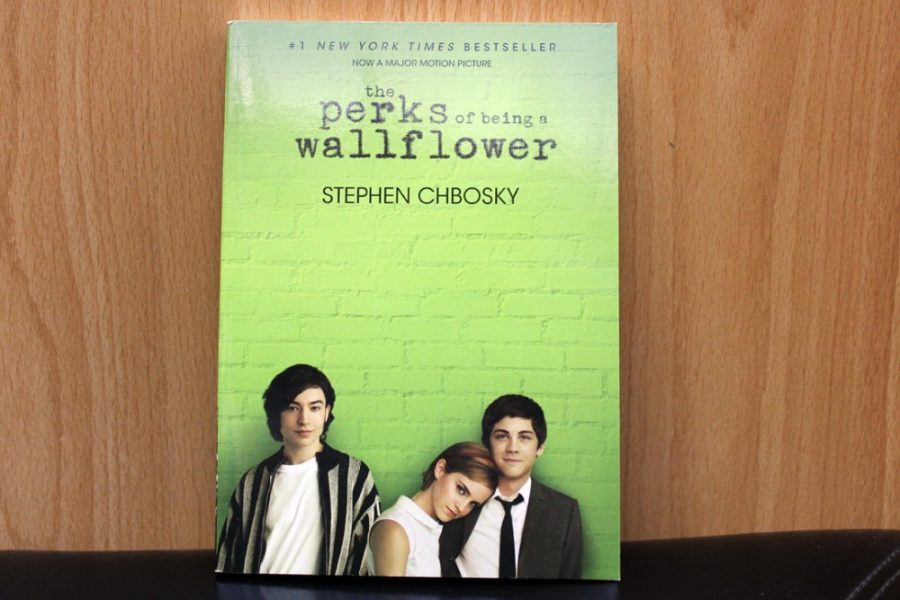The American Library Association’s annual Banned Books Week event works to educate the public on acts of censorship regarding books like Dav Pilkey’s “Captain Underpants,” a children’s novel series about a school principal who scantily moonlights as a half-naked superhero.
These books are among others that were challenged in the 307 reports of attempted censorship in 2013. This is the second year in a row Pilkey’s series has topped the ALA’s list of most frequently challenged books in the United States.
The week of Sept. 21-27 marks the 32nd year the ALA has celebrated its annual Banned Books Week. Schools and libraries across the nation participate in various events to profile books like “Captain Underpants,” which frequently fall under the threat of being stricken from shelves.
According to the ALA, for every challenge reported to its Office of Intellectual Freedom, there are another four or five unreported challenges. The ALA defines a “challenge” as an official written request to remove material from a school or library on the basis of inappropriate content.
“We need to protect this civil right to read what we like,” said Kristin Pekoll, the assistant director of the Office of Intellectual Freedom. Pekoll said the reason why many challenges go unreported each year is because of the fear teachers and librarians have for drawing attention to people censoring their material. Banned Books Week is meant to offer support for teachers and librarians not sure how to handle someone challenging a book, Pekoll added.
“The Perks of Being a Wallflower” is another title on the ALA’s list of most frequently challenged books. Stephen Chbosky’s coming-of-age tale about a quiet introvert fell under the scrutiny of Wharton High School in Tampa, Fla., because of its depiction of teenage drug use and sexual situations.
In June 2013, the school board of Glen Ellyn Elementary District 41 returned Chbosky’s book to its schools after promising to notify parents in a letter about there being material with questionably mature content.
Sherman Alexie’s “The Absolutely True Diary of a Part-Time Indian” has continuously been objected to because of its instances of masturbation and sexism. The book follows the experiences of a young Native American who is forced to assimilate into an all-white environment.
Skyview High School in Billings, Mt., challenged the book in 2013 by arguing that it “reinforces all the negative stereotypes” associated with Native Americans, and does so from a “crude, obscene and unfiltered viewpoint,” according to a report submitted to the ALA Office of Intellectual Freedom.
Pulitzer Prize-winning author Toni Morrison has been subjected to potential censorship with her novel, “The Bluest Eye.” Another report received by the ALA Office of Intellectual Freedom has a member of a school board in Columbus, Ohio, condemning Morrison’s book for having “an underlying socialist-communist agenda.”
From 2000 to 2009, the ALA received 5,099 challenges for censorship from across the nation. About 1,500 of these challenges were made for reasons of sexually explicit material, and about fifty percent of the challenges were made by parents.
“We really encourage people to report so that we can keep the statistics,” Pekoll said.
Since its inception in 1982, Banned Books Week has attempted to shed light on the numerous unreported attempts to censor public material. The origination of Banned Books Week coincides with a landmark ruling on censorship by the U.S. Supreme Court, in which a 5-4 vote ruled in favor of keeping books like Kurt Vonnegut’s “Slaughterhouse Five” in the school libraries of the Island Trees School District.
School boards may not remove books from school library shelves “simply because they dislike the ideas contained in those books,” wrote Justice William J. Brennan Jr. in the majority opinion issued for Island Trees School District Board of Education vs. Pico.
Contemporary books are not the only victims of censorship, as the ALA has reported that 46 of the 100 books in Radcliffe’s list of the greatest novels of the 20th century have been challenged. These titles include classics such as “To Kill a Mockingbird,” “1984” and “The Grapes of Wrath.”
The list of the most frequently challenged books for 2014 will be released by the ALA in the spring of 2015.
_______________
Follow Kevin C. Reagan on Twitter @KevinReaganUA









